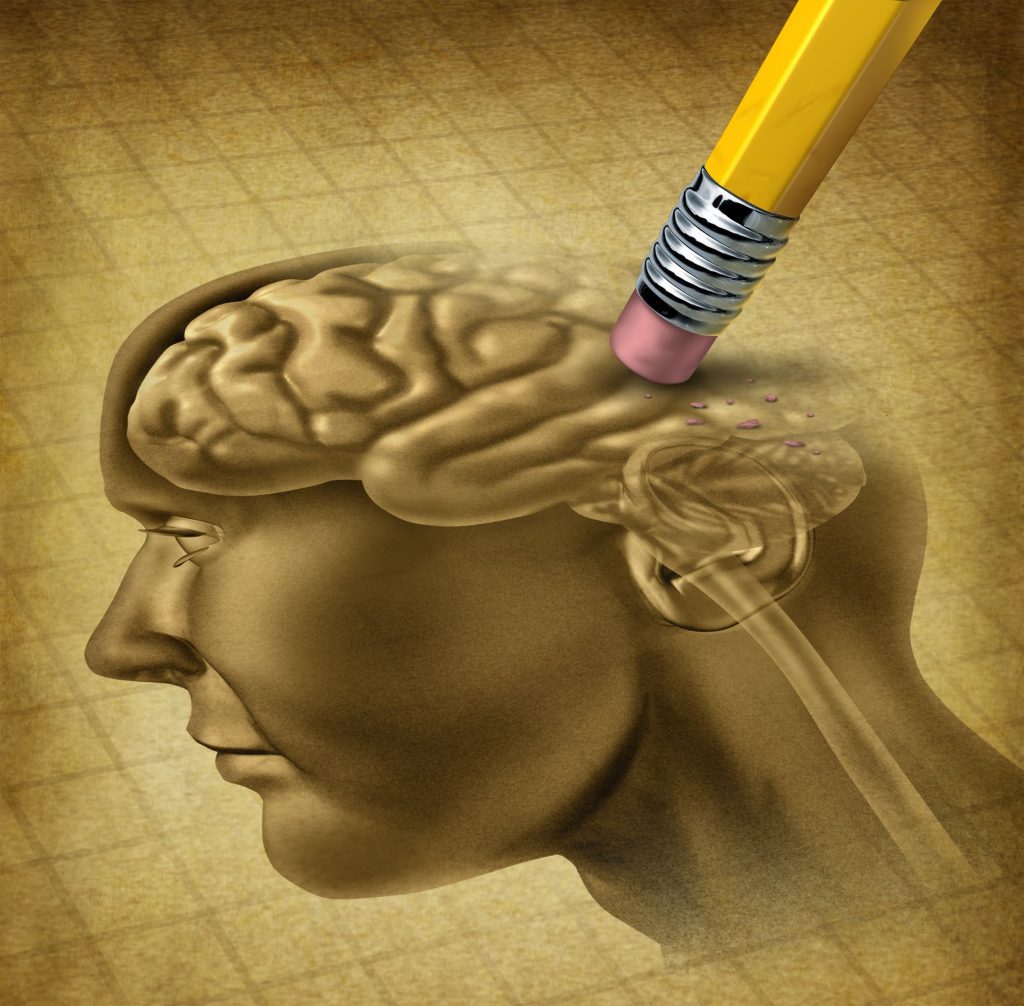Reducing risk of Mild Cognitive Impairment and Dementia

Reducing risk of Mild Cognitive Impairment and Dementia
Here are ten things you can do to reduce the risk of Mild Cognitive Impairment and Dementia.
- Keep your weight normal. Body mass index (BMI, based on weight and height) is the best way to determine whether your weight is normal (although it is not perfect). BMI less than 25 is normal. BMI 25-30 is overweight. BMI greater than 30 is obese. Obesity increases risk of many health conditions, and may increase production of inflammatory chemicals in the body. These may cause blood vessel damage, including in the brain. Blood vessel damage in the brain may cause white matter change and memory difficulties.
- Avoid alcohol. There is some evidence that one serving of wine (3 ½ oz. of 12% alcohol) or beer (11 oz. of 4% alcohol) for women, and 1 ½ servings for men, may be beneficial to health in some ways. However, larger amounts of alcohol are harmful, including to cognitive health.
- Keep your mind active. There is evidence that the more education you have, the less likely you are to develop cognitive impairment. Education may help develop cognitive reserve. Learning new things and doing cognitively challenging tasks improves cognitive health.
- Exercise regularly. There is evidence that regular exercise and physical fitness make cognitive impairment less likely. A possible role of regular exercise may be better vascular health of the brain.
- Get enough sleep. The active brain produces toxins and tau proteins and secretes them into the fluid between brain cells. These toxins and proteins are removed during sleep. Sleep deprivation causes toxins and tau proteins to build up in the brain. This may cause cognitive impairment.
- Control your blood pressure. High blood pressure causes blood vessel damage, including in the brain. This leads to white matter change in the brain, which may cause cognitive impairment. Controlling systolic blood pressure to bring it below 120 mm Hg may help prevent cognitive impairment. The best blood pressure medicine may be telmisartan. It is an angiotensin receptor blocker that crosses into the brain. There is some evidence that it protects the brain and may lessen the risk of cognitive impairment. Cilostazol, a medicine used for peripheral artery disease, may be helpful in stabilizing the blood brain barrier.
- Control your blood sugar. Uncontrolled diabetes may cause blood vessel damage all over the body, including the brain. This may lead to cognitive impairment.
- Control sleep apnea. Moderate to severe obstructive sleep apnea may cause inflammation and blood vessel damage. This can cause white matter change in the brain, which may lead to cognitive impairment.
- Control your cholesterol and lipids. High lipids and cholesterol are deposited on blood vessel walls. They can damage blood vessels. This can lead to white matter change in the brain, along with cognitive impairment. Statins are generally the best medicine for high lipids/cholesterol. Rosuvastatin is the best statin. Statins also seem to reduce inflammation, which may help prevent cognitive impairment.
- Avoid head injuries. Trauma to the brain may lead to significant long-term damage. Repeated concussions may add up. Football and boxing are the sports most likely to cause brain trauma and concussions. Avoiding them is not a bad idea. Wear helmets when bicycling, riding a motorcycle, skiing, skating.









